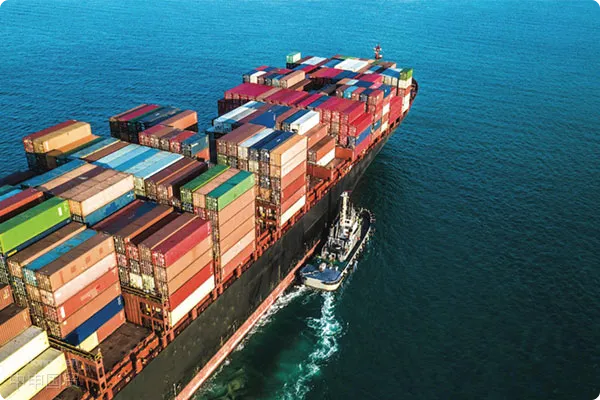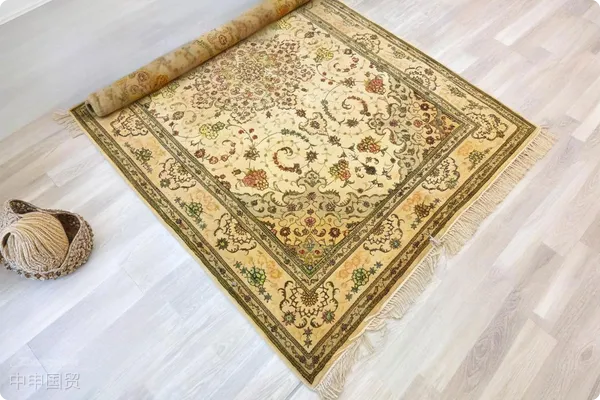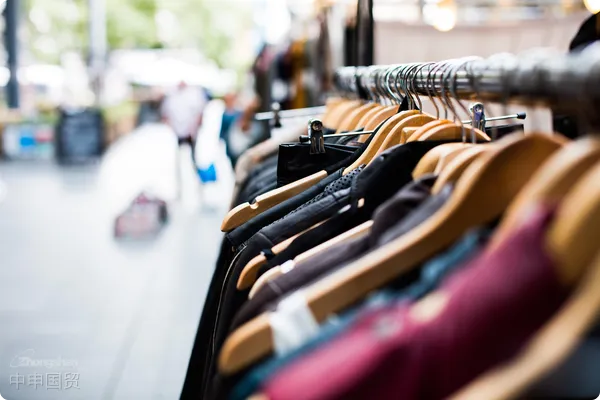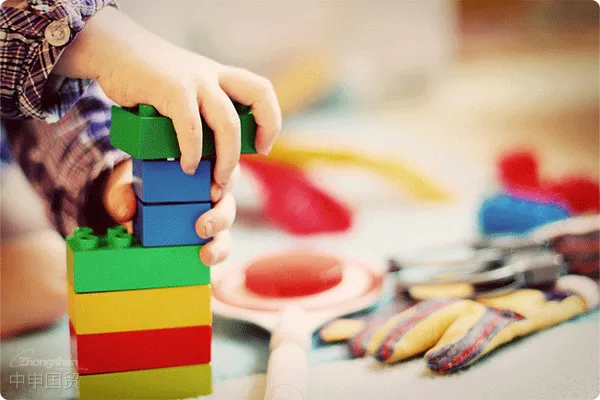- Shanghai Zhongshen International Trade Co., Ltd. - Two decades of trade agency expertise.
- Service Hotline: 139 1787 2118

On the grand stage of international trade,Compulsory certificationinvolves a series of specific certification requirements. Understanding and complying with these standards is crucial for lighting manufacturers and exporters.
The Importance of Russian Lighting Certification
Russia has a large market demand and imposes strict regulations on the safety, quality, and performance of lighting products. Lighting certification is not just a formality for import compliance but also a key measure to ensure Russian consumers use safe and reliable products. Without proper certification, lighting products cannot legally enter the Russian market, potentially leading to customs delays, fines, or even destruction, causing significant financial losses for exporters.
II. Common Types of Lamp Certifications
GOST-R certification
– GOST – R certification is the Russian national standard certification. For lighting products, it covers requirements in multiple aspects. In terms of safety, it conducts strict testing on electrical insulation, grounding protection, and fire resistance performance of lighting fixtures. For example, the wires of lighting fixtures must comply with specific insulation grade standards to prevent electric shock accidents. In terms of performance, there are also regulations on optical parameters such as luminous efficiency, color temperature, and color rendering index of lighting fixtures.
- The GOST-R certification process includes product testing, document review, and factory inspections. Companies must submit product samples and technical documents (e.g., user manuals, circuit diagrams) to authorized certification bodies, which will conduct comprehensive testing based on Russian national standards.
EAC Certification (Eurasian Economic Union Certification)
- With the establishment of the Eurasian Economic Union, EAC certification has become a key requirement for entering markets in member states, including Russia. For lighting products, EAC certification ensures compliance across the Eurasian Economic Union. It consolidates certification requirements from member states, reducing the cost of multiple certifications for companies.
- Lighting products undergoing EAC certification must meet a series of safety and performance standards. During certification, the certification body evaluates the products structural design to ensure it poses no hazards to users under normal or abnormal conditions.
Challenges and Solutions in the Certification Process
Language and Standard Differences
- Russias certification standard documents are mostly in Russian, which poses difficulties for many foreign exporters to accurately understand these standards. Moreover, Russias lighting certification standards may differ from international standards in certain aspects. For example, in terms of electromagnetic compatibility requirements for lighting fixtures, Russia may have its own unique frequency ranges and interference limit regulations.
- Solution: Companies can hire professional translators and technical consultants familiar with Russian certification standards. These consultants can accurately interpret standard requirements and guide companies in product improvement and certification applications. At the same time, establishing good communication channels with local Russian certification bodies is crucial to obtain accurate information in a timely manner.
Testing Equipment and Laboratory Accreditation
- Russia has strict requirements for testing equipment used in lighting certification, and some testing equipment may differ from that used abroad. Additionally, only test reports issued by laboratories accredited by Russia are valid. This requires exporting companies to either ship their products to Russian-accredited laboratories for testing or ensure that their domestic partner laboratories meet Russian accreditation standards.
- Solution: Companies can seek qualified international laboratories that may have cooperative relationships with Russian certification bodies and can provide compliant testing services. Alternatively, companies can invest in purchasing testing equipment that meets Russian standards to establish their own testing capabilities, although this requires significant cost investment.
IV. Conclusion
Obtaining certification for lighting fixtures exported to Russia is a complex yet essential task. For lighting companies aiming to successfully enter the Russian market, it is necessary to thoroughly understand Russias certification requirements and actively address various challenges in the certification process. By ensuring products comply with relevant certification standards, companies can not only smoothly enter the Russian market but also establish a strong brand image, gain consumer trust, and achieve sustainable development in this vast and promising market.
Related Recommendations
? 2025. All Rights Reserved. Shanghai ICP No. 2023007705-2  PSB Record: Shanghai No.31011502009912
PSB Record: Shanghai No.31011502009912










